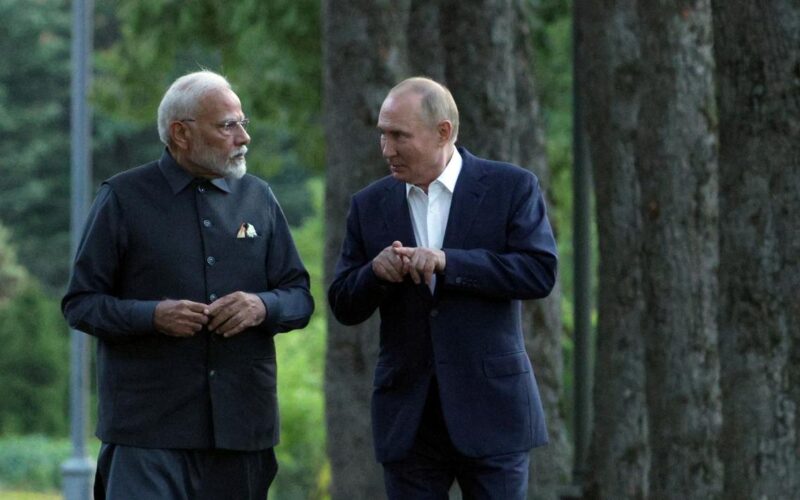New Delhi (Rajeev Sharma): Indian oil refiners will continue to source crude oil from Russian suppliers, with procurement decisions guided by factors such as price, crude grade, inventories, logistics, and other economic considerations, sources told ANI on Saturday.
Russia, the world’s second-largest crude oil producer, pumps around 9.5 million barrels per day (mb/d), almost 10% of global demand, and exports nearly 4.5 mb/d of crude oil along with 2.3 mb/d of refined products. Sources noted that fears of Russian oil being excluded from the market in 2022 drove Brent crude prices to a record US$137 per barrel in March 2022.
No Sanctions on Russian Oil
Sources clarified that Russian oil has never been sanctioned. Instead, it was subjected to a G7/EU price-cap mechanism, aimed at restricting Moscow’s revenue while ensuring global supplies remained uninterrupted.
“India has acted as a responsible global energy player, ensuring that markets stay liquid and prices remain stable. All of India’s oil purchases from Russia have been completely legitimate and within the framework of international norms,” sources told ANI.
Impact of India’s Purchases
According to the sources, if India had not absorbed discounted Russian crude, particularly in the backdrop of OPEC+ production cuts of 5.86 mb/d, global oil prices could have easily exceeded the March 2022 peak of US$137 per barrel, creating severe inflationary pressures worldwide.
“India’s pragmatic energy strategy has not only served its national interest but also contributed significantly to global energy stability,” sources added.
European Union’s Role in Russian Energy Trade
During this period, the European Union (EU) emerged as the largest buyer of Russian liquefied natural gas (LNG), importing 51% of Russia’s LNG exports, followed by China (21%) and Japan (18%). For Russian pipeline gas, the EU remained the largest customer, with a 37% share, while China and Turkey accounted for 30% and 27%, respectively.
Compliance With Price Caps
Sources stressed that Indian oil marketing companies (OMCs) have not purchased oil from Iran or Venezuela, both of which remain under U.S. sanctions.
“OMCs have consistently complied with the U.S.-backed price cap of $60 per barrel on Russian oil. Recently, the EU recommended lowering the price cap to $47.6 per barrel, which is expected to come into effect in September,” the sources confirmed.
India’s stance, sources said, reflects a “pragmatic and lawful” approach, ensuring uninterrupted supplies while helping to keep international oil prices in check.

